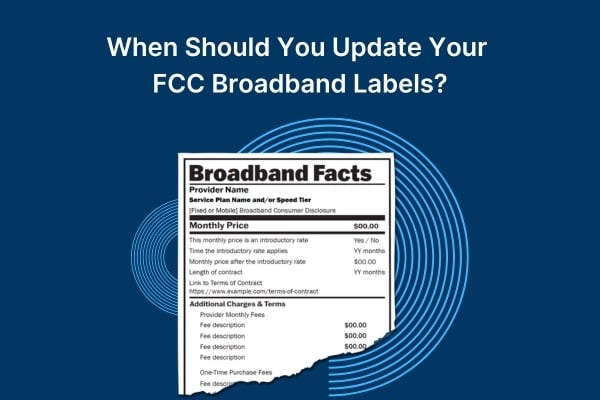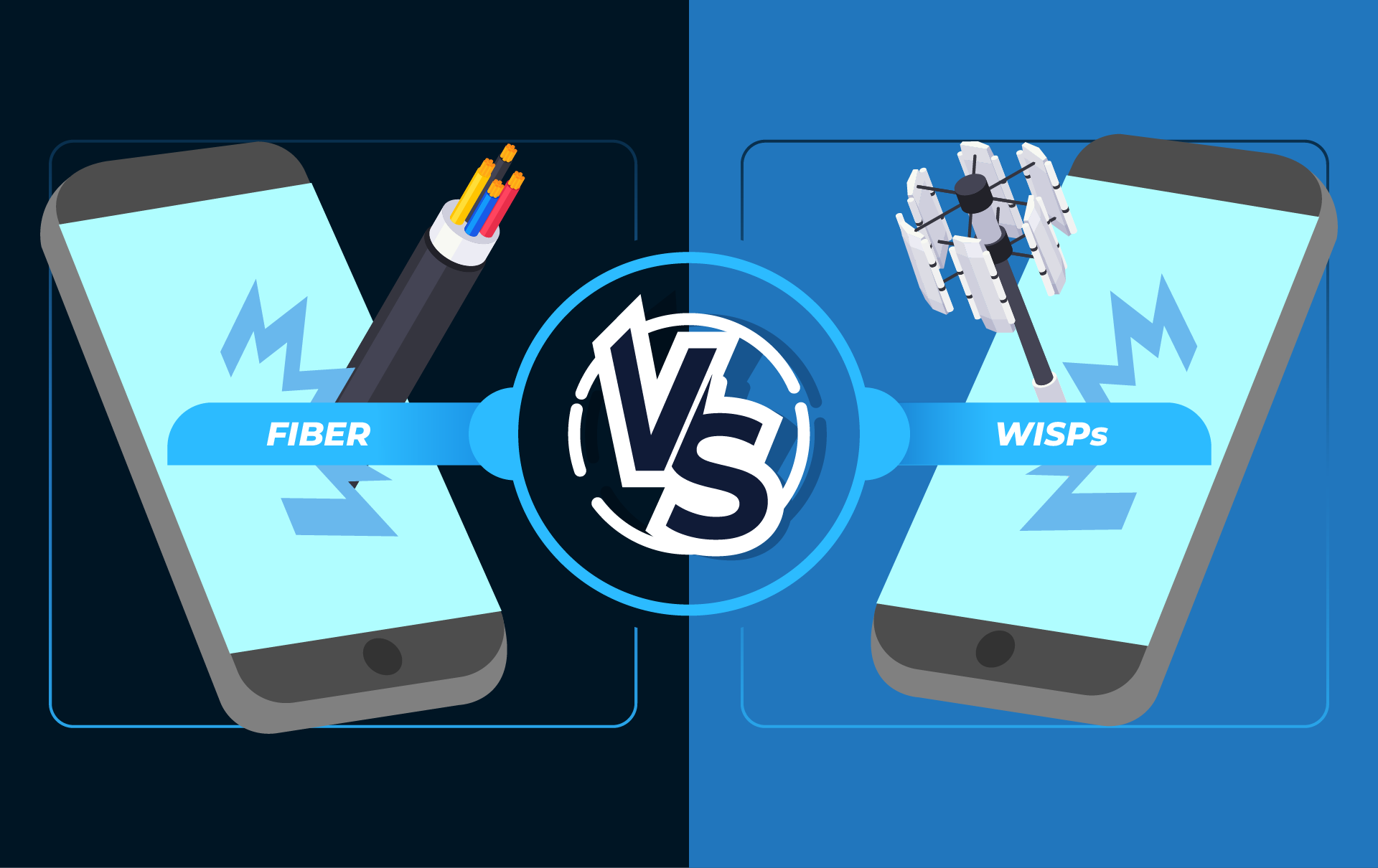Broadband Pricing Trends: How Does Your Service Compare?
Broadband pricing isn’t just about numbers; it’s about value, trust, and staying ahead in a crowded market. Picture this: your customers scrolling...

Running a broadband business is no small feat. Between managing service plans, staying ahead of industry trends, and keeping your customers happy, something always demands your attention. But here’s a quick question: when was the last time you updated your FCC broadband labels?
If you’re thinking, “Wait, do I really need to?“—the answer is yes. Anytime you make changes to your service, whether it’s tweaking prices, adjusting speeds, or rethinking data limits, those labels need an update too. It’s not just about compliance with the FCC (though that’s a big deal); it’s about being transparent with your customers.
Don’t worry—updating those labels doesn’t have to be a headache. We’ve got just the tool to make it easy. Let’s dive into why these labels matter, when you need to update them, and how you can simplify the process with Sonar.
The FCC broadband labels, introduced to provide consumers with clear, standardized information about internet services, are like nutrition labels for broadband plans.
They cover critical details like:
These labels empower customers to make informed choices and hold providers accountable for delivering on their promises. But they also come with a responsibility: as a broadband provider, you must ensure your labels are accurate and up-to-date.
Failing to maintain accurate labels can lead to confusion for your customers and potential compliance issues with the FCC. Transparency isn’t just good ethics—it’s the law.
When Should You Update Your Broadband Labels?
Any changes to your service offerings trigger the need for a label update.
Here are some examples:
Even minor updates require label revisions to maintain compliance and avoid any potential penalties or customer dissatisfaction.
Keeping your FCC broadband labels updated might sound tedious, but it doesn’t have to be. Sonar offers a Free Broadband Label Maker to streamline the process.
Here’s how it can help:
Updating your FCC broadband labels is more than a legal requirement—it’s an opportunity to build trust with your customers. By staying proactive and transparent about your service offerings, you demonstrate your commitment to customer satisfaction and regulatory standards.
Ready to make the process effortless? Check out Sonar’s Free Broadband Label Maker today. Keep your customers informed, your business compliant, and your operations running smoothly—all with just a few clicks.

Broadband pricing isn’t just about numbers; it’s about value, trust, and staying ahead in a crowded market. Picture this: your customers scrolling...

Managing payments plays a huge role in any ISP business. Invoicing serves many purposes concerning your customers and your business finances....

3 min read
Although there is significant debate on how frequently individuals change careers, due to the opacity of what actually constitutes a “career...